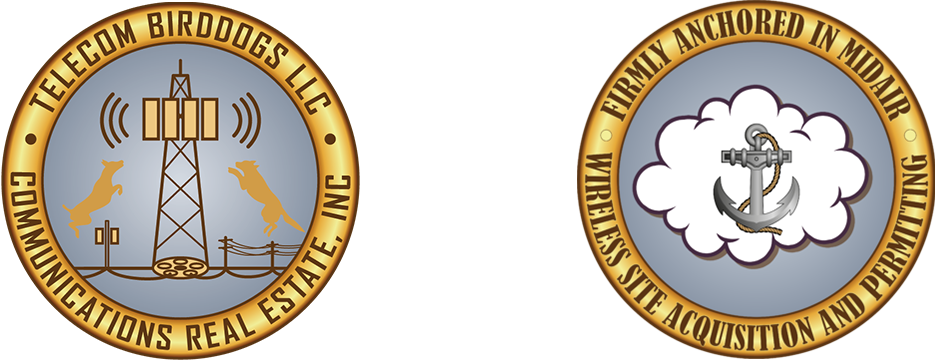Course Listings
Popular WIRELESS SITE ACQUISITION

- Stage 1
- 6 Modules
Project Coordinator Training
We start with a big-picture view of how the nation’s wireless service carriers relate to their investments in radio technology infrastructure. This discussion goes so far as to establish a link between wireless carriers and their use of frequency spectrum, their need to perform site acquisition to expand wireless facilities, and their industry relationships with service contractors, turf vendors, and companies that specialize in communications site ownership and management.

- Stage 2
- 6 Modules
Site Acquisition Birddog Training
Stage 2 identifies context for wireless site search through due diligence research. The higher the quality of the due diligence performed for a task, the more predictable the task’s outcome will be. Developing predictable outcomes leads to a reputation for reliability. Due diligence is a necessary process in choosing a location for wireless facilities using informed judgment.

- Stage 3
- 3 Modules
Project Estimator Training
In Stage 3, assembly and submittal of a detailed report identifying qualifying candidates for selection consideration, participation in the site selection discussion answering questions of team members’ by conducting further research, and completion of in-depth report on the selected site serve as the pivot from site search and selection to the initiation of project tasks toward achieving quality real estate entitlements.

- Stage 4
- 5 Modules
Project Expediter Training
After a site is selected, one or more visits to the chosen location is coordinated for members of the project team and the property owner to confirm the exact spot where the wireless facility is to be developed. This technical site visit initiates project work leading to procuring real estate entitlements, allowing for construction and facility operation. The SCIP is provided to members of the project team for review and reference before and at the site visit. It is referenced throughout the development of the project.

- Stage 5
- 7 Modules
Leasing Agent Training
The project team selected a site to develop. A SCIP was distributed. One or more site walks have taken place. The title report was distributed. If a collocation, the antenna elevation has been confirmed. Engineered drawings and reports have been initiated.
Now, the development of legal agreements to secure quality space rights are integrated with the survey, title work, and engineering drawings and reports to support the capital investment and local permit application(s).

- Stage 6
- 5 Modules
Local Permit Agent Training
Local permit applications must be prepared, completed, and submitted with property owner approval to local authorities. There will be local inquiries for information to be satisfied.
The permit process needs to be coordinated, including support from vendors and outside counsel, preparation for and attendance at public hearings, as necessary, to secure permit approvals.

- Summary (Module 33)
- 5 Modules
Project Manager Summary
Module 33 is a summary of the previous six (6) stages in project management terms and some best practices to help track, expedite, and document the progress of events leading to acquiring all real property entitlements necessary to build and operate wireless infrastructure.

- Conclusion
Project Close-out
Close-out procedures involve smoothly handing off the project to the construction manager and general contractor. Well-organized close-out documentation ensures the client has proper database information for the project and that you can respond to inquiries after the work is done

- Epilogue
Customer Service
The site acquisition/local permit consultant remains the primary contact for property owners and jurisdictions in many cases, it is necessary to be prepared for miscellaneous inquiries.
